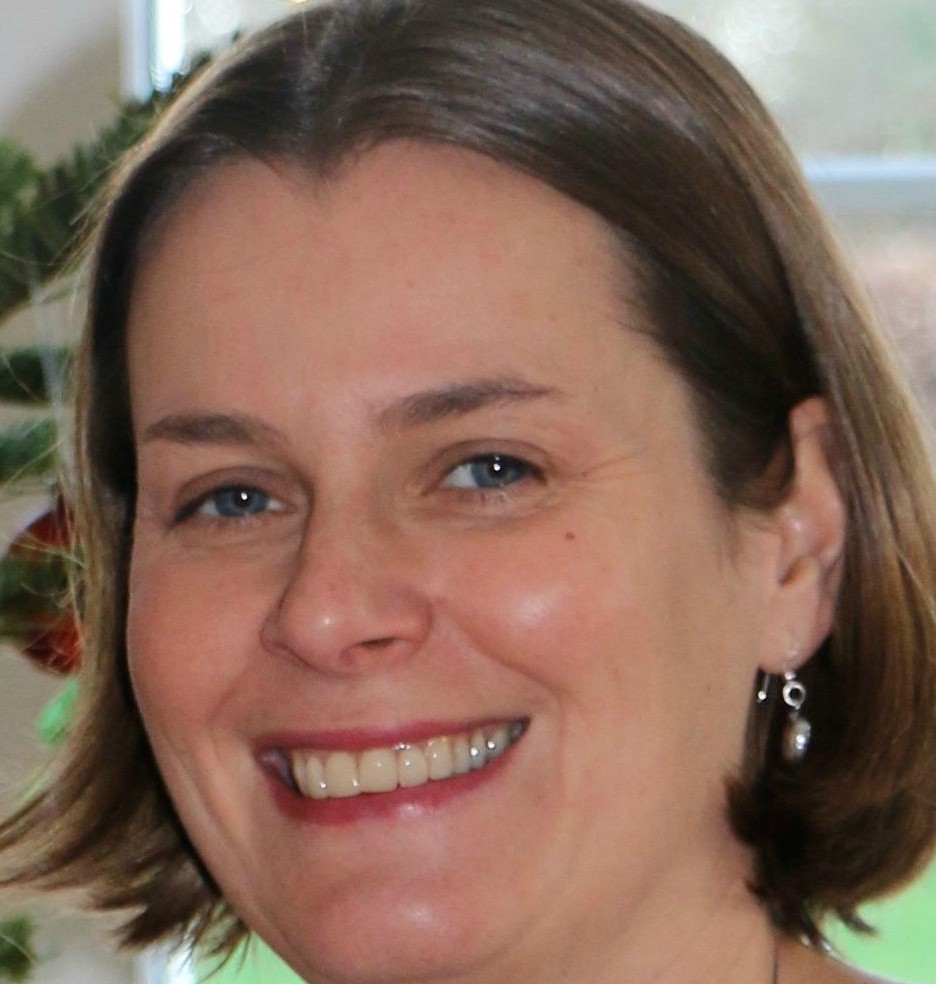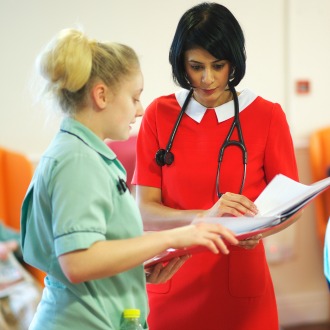
The problem
At the beginning of this project in August 2016, our partnership had 15,000 patients at four practice sites across Plymouth. Since then, the group has expanded to accommodate 33,500 patients at eight practice sites. We have a large workforce of 92 employees, including nine GP Partners, six salaried GPs (including one retainer GP), one managing partner and five nurse practitioners, plus a number of specialist nurses, health care assistants, phlebotomists and a pharmacy technician providing support across the sites. We are also a training practice supporting postgraduate trainees, medical students and physician associates.
Given the size of our organisation, we decided to look at how this was impacting on our staff and thereby patient safety. I had recently undertaken the Patient Safety Officer training course run by the South West Academic Health Science Network (SW AHSN) and Institute for Healthcare Improvement, which highlighted the importance of safety culture. The practice volunteered to test the SCORE (Safety, Communication, Operational Reliability, Resilience and Engagement) Safety Culture Survey, which was funded by SW AHSN at no cost to our practice.
The survey found we had some positive working to celebrate, for example that 97% of staff would feel safe being treated as a patient in the practice and that 88% felt it is easy to ask questions if they do not understand something. However, 50% of staff perceived that communication breakdowns were common in the work setting. Realising this had the potential to become more difficult as the practice expanded, we chose to focus on teamwork and communication as a quality improvement initiative.
What we did
We introduced morning ‘huddles’ – a concept I learnt on the safety training. Huddles are team-based meetings aimed at providing a forum for staff to flag up operational and patient safety concerns. They are used widely in the pre- operative setting and have also been shown to improve communication, patient safety and staff satisfaction in primary care.
The huddles enable staff to coordinate and share information quickly across the sites, such as staff sickness and manager availability, helping us to maintain operational efficiency. Staff can also bring up more personal news such as birthdays, engagements, births, passing driving tests and sometimes sad news.
Our operations manager devised a huddle template which provides the agenda for the meeting, details of who is on duty and any staff absences, and includes standard questions, for example, on any anticipated staffing issues. This was updated each morning by an administrator to be printed at each site for the huddle, which lasted five minutes.
All staff who were present at 8.15 at each site were expected to attend the huddle, and appointment templates were altered to permit this to happen. There was no set-up cost, only the five minutes of staff time.
Challenges
Initially not all staff wanted to attend the huddles; we found it was important that staff were given time, space and support to change their way of working. Rather than make it compulsory, we introduced it gradually and kept reviewing how we conducted the meetings, to improve the process. Over time the majority of remaining staff then engaged in the huddles.
Results
A six-week review of the project indicated that the approach was having a positive impact on our working environment. The huddles were held on 70% of working days, with an average of six employees attending each huddle at each site. A survey of staff found that overall, 83% felt the introduction of huddles had improved teamwork dynamics.
Other benefits staff reported were that they had improved knowledge of daily clinical and managerial cover, and awareness of targets for the day and any unexpected staff absences. Staff said that being updated on patient care issues or deaths as well as feedback on complaints and compliments had improved teamwork and efficiency.
The huddles have also improved staff morale due to better communication and reduced hierarchy within the organisation.
Since we expanded to eight sites, morning huddles are even more important to communicate information in a timely and coordinated fashion and each practice now has the huddle firmly embedded as part of its daily morning routine. Staff continue to give positive feedback about the benefits.
Staff feedback
‘The “huddles” are a great way of being able to get important, relevant information for the day quickly filtered through to the teams on each site. It’s also good to get a quick five minutes to say hello and find out how everyone’s doing – sometimes the day can be so busy you don’t always get the chance!’ – Administrator
‘If it wasn’t for the Huddle sheet/meeting it would be impossible to keep up with ever changing staff whereabouts, meetings, manager availability and sickness – it would be the equivalent of sending 10 emails to everyone.’ – Administrator
‘I find it very helpful to start the day checking in with most all staff members who work on the site where I am. It reduces stress throughout the day to be aware at the beginning if there are any issues that will impact on the work that day. More importantly, I find it useful to see everybody in person and check how they are and exchange some personal issues if appropriate.’ – GP
The future
We hope to encourage other organisations to set up similar morning huddles to improve teamwork and communication. The time spent together is invaluable, not just for improving technical aspects of the job, and thereby helping to improve patient safety, but also for building and nurturing relationships within the practice.
Dialogue and socialisation have possibly been undervalued in general practice in recent times due to work pressures, but these are key to improving interpersonal communication and camaraderie, which brings more joy to the workplace. The introduction of team huddles is easily transferrable into any GP practice’s daily schedule. It only takes five minutes to carry out and does not cost anything other than five minutes of everyone’s time and attention – and the time is more than recouped in efficiencies though the day.
Dr Jillian Denovan is a GP partner at Pathfields Medical Group, Plymouth
Pulse October survey
Take our July 2025 survey to potentially win £1.000 worth of tokens














